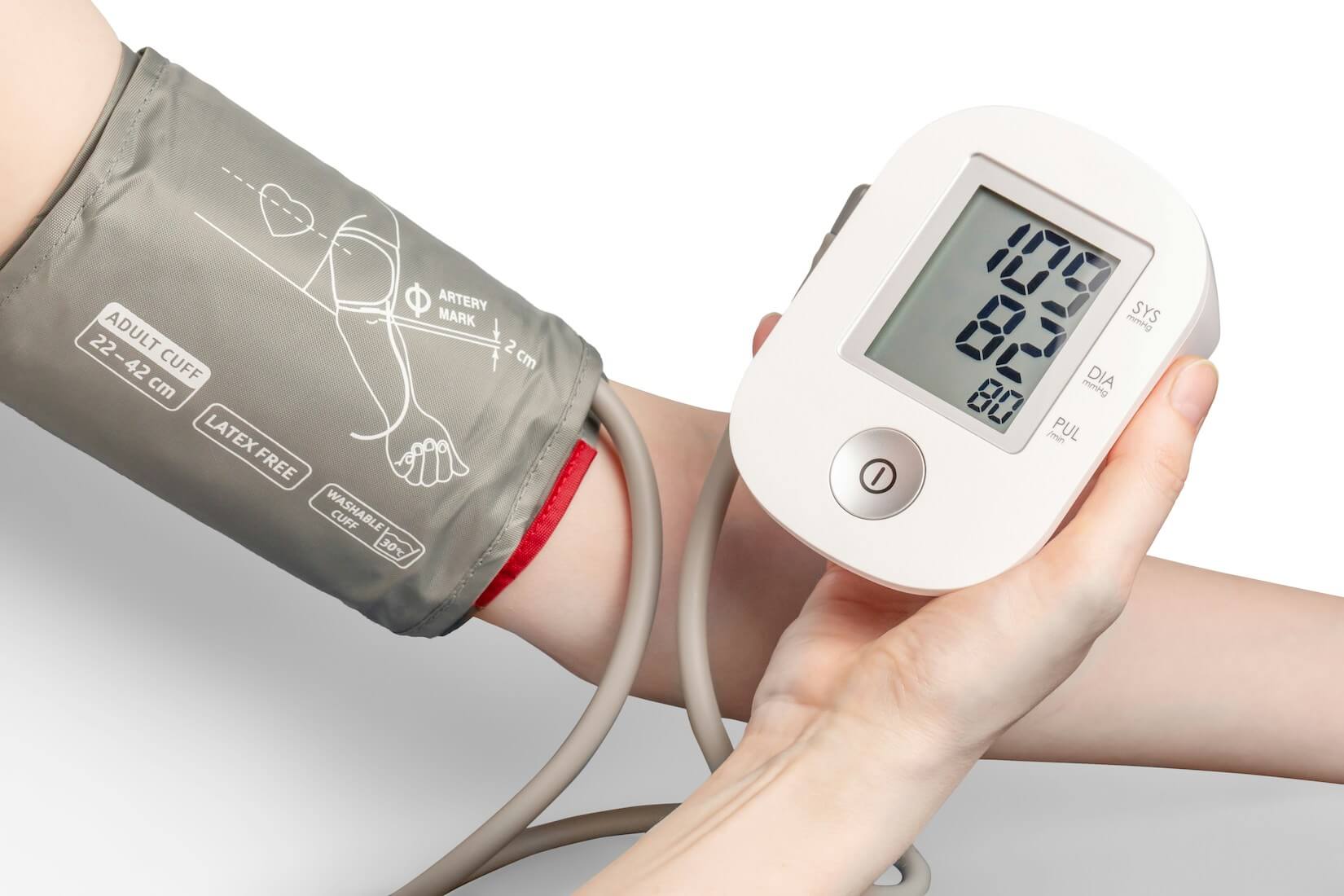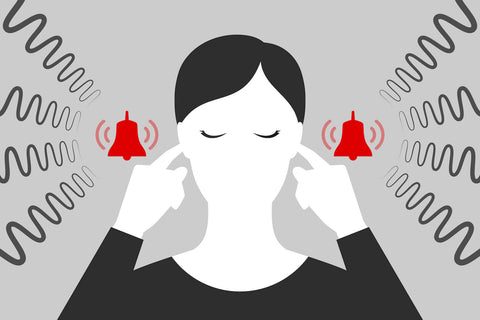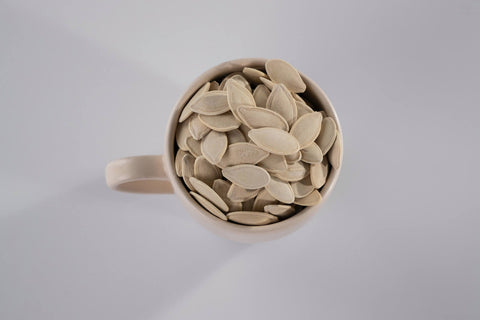Blood pressure is a vital sign that provides critical information about the health of the cardiovascular system. It's measured in millimeters of mercury (mm Hg) and recorded as two numbers — systolic pressure over diastolic pressure. While many medications and supplements for heart health are available, understanding what constitutes normal blood pressure for adult males is crucial for monitoring and maintaining cardiovascular health.
Understanding Blood Pressure Readings
Systolic Pressure: This number, typically the higher of the two, indicates the pressure in the arteries when the heart beats. It reflects the force your heart exerts to pump blood throughout the body. A systolic pressure reading of around 120 mm Hg is considered normal for most adult males. However, a reading of 130 mm Hg or higher is generally considered high and could indicate hypertension.
Diastolic Pressure: This number, usually the lower one, represents the pressure in the arteries when the heart rests between beats. A normal diastolic pressure is usually lower than 80 mm Hg for adults. However, if the reading is 80 mm Hg or higher, it suggests that the heart is working harder than normal even when it’s supposed to be resting, potentially indicating health issues.
Pulse Pressure: An often overlooked but important aspect is pulse pressure, which is the difference between systolic and diastolic pressures. A normal pulse pressure is typically between 40 and 60 mm Hg. Wider pulse pressures can indicate a variety of health issues, including an increased risk of heart disease.
Mean Arterial Pressure (MAP): MAP is an average blood pressure reading that represents the average pressure in a person's arteries during one cardiac cycle. It's calculated using the formula: MAP ≈ Diastolic Pressure + 1/3 (Systolic Pressure - Diastolic Pressure). This measurement is important in clinical settings, especially for patients with conditions like heart disease or in critical care.
Normal Blood Pressure for Adult Males
For adult males, normal blood pressure is typically within the range of 90/60 mm Hg to 120/80 mm Hg. This range is considered optimal for cardiovascular health. However, it's important to note that what's normal can vary slightly based on factors like age, ethnicity, and overall health.
Age-Related Variations
Blood pressure can change as men age. Generally, blood pressure tends to rise with age due to increased stiffness of large arteries and the long-term build-up of plaque within blood vessel walls. However, an increase in blood pressure with age is not inevitable. Healthy lifestyle choices can impact these changes.
Ethnicity and Genetic Factors
Research shows that certain ethnic groups might have different normal ranges. For instance, hypertension is more prevalent in African-American men compared to Caucasian or Hispanic men. Genetics also play a role, with a family history of high blood pressure increasing the risk.
High Blood Pressure (Hypertension)
High blood pressure, or hypertension, is a condition where blood pressure is consistently too high. It's defined as readings consistently at or above 140/90 mm Hg. Hypertension is often called the “silent killer” because it doesn't usually cause symptoms but can lead to serious health issues like heart attack and stroke.
Causes and Risk Factors
- Lifestyle Factors: Poor diet, lack of exercise, obesity, smoking, and excessive alcohol consumption.
- Medical Conditions: Kidney disease, diabetes, and high cholesterol.
- Age and Gender: Men are generally at a higher risk than women until about age 65.
Low Blood Pressure (Hypotension)
On the other end of the spectrum is low blood pressure, or hypotension. This is generally considered a blood pressure reading lower than 90/60 mm Hg. While not as common as high blood pressure, it can cause symptoms like dizziness and fainting.
Causes of Hypotension
- Dehydration: When the body loses more water than it takes in.
- Medical Conditions: Heart problems, endocrine problems, severe infection (septicemia).
- Medications: Certain drugs, including those for high blood pressure, can lower blood pressure too much.
Monitoring Your Blood Pressure
Regular monitoring is key, especially as you age or if you have risk factors for high blood pressure. Blood pressure can fluctuate throughout the day, so it's important to take readings at different times. Home monitoring can be done with various devices, and regular check-ups with a healthcare provider are also important.
Lifestyle and Blood Pressure
Lifestyle plays a huge role in managing blood pressure. Here are some tips for maintaining normal blood pressure:
- Healthy Diet: Eat a diet rich in fruits, vegetables, whole grains, and lean proteins.
- Regular Exercise: Aim for at least 150 minutes of moderate aerobic activity or 75 minutes of vigorous aerobic activity a week.
- Maintain a Healthy Weight: Being overweight or obese increases the risk of high blood pressure.
- Limit Alcohol and Quit Smoking: Both can raise blood pressure.
- Manage Stress: Chronic stress may contribute to high blood pressure.
Embracing Heart Health
Understanding what constitutes normal blood pressure for adult males is vital for maintaining good health. Regular monitoring, along with a healthy lifestyle, can help manage blood pressure effectively. If you have concerns about your blood pressure, it's important to consult a healthcare provider for personalized advice and treatment.
To maintain optimal cardiovascular health, consider Blood Pressure 911 by Phytage Laboratories, a natural supplement formulated with ingredients like niacin and folate. Blood Pressure 911 offers a holistic approach to heart health without worrying about adverse side effects, designed to support healthy blood pressure levels, promote blood vessel health, balance blood sugar, and enhance overall heart function. Ideal for both men and women, this supplement complements a healthy lifestyle. Discover more about Blood Pressure 911 and take a step towards better heart health. Make a conscious choice for your heart's well-being today!

 Cart
Cart


















































 12600 Hill Country Boulevard Suite R-275, Bee Cave TX 78738
12600 Hill Country Boulevard Suite R-275, Bee Cave TX 78738 1-800-822-5753
1-800-822-5753
